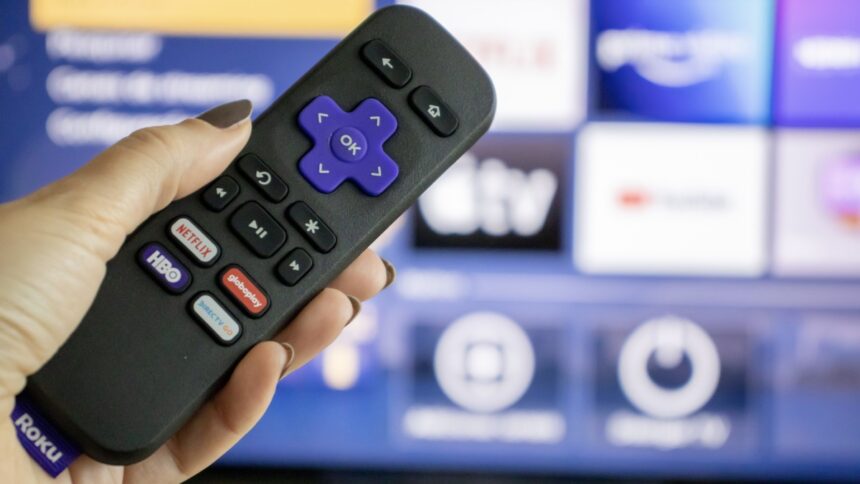Roku’s Experimental Ads: A Cause for User Frustration?
Advertisements are now a staple in our daily experience. They often underpin both complimentary and discounted services, for better or worse. Unless one opts for premium subscriptions, such as YouTube Premium or pricier Netflix tiers, encountering ads has become almost inevitable.
Despite their omnipresence in our digital interactions, ads are not immune to criticism. A recent report by Ars Technica reveals that Roku may be testing the limits of user tolerance by introducing ads right at the startup of their streaming devices.
Intrusive Ads for Moana 2 at Startup
A user on Reddit shared their dismay after turning on their Roku and being required to watch an advertisement for a movie before reaching the home screen. This wasn’t just a pre-roll ad; the user was essentially blocked from accessing their device until they had viewed the promotional content.
The experience was echoed by other Roku users in the r/Roku subreddit, where similar accounts of unwelcome ads surfaced. Many reported encountering a Moana trailer upon startup, with some users expressing their frustration by threatening to dispose of their Roku devices. One user went so far as to proclaim, “my Roku devices will find their way to the trash” if this trend continues. Other threads emphasized similar sentiments, with some users reconsidering their brand loyalty over this new ad strategy.
The report from Ars Technica indicated that there is supposed to be an option to skip these ads, though not every user seems to be able to locate it when prompted. Roku has confirmed that this ad initiative is indeed intentional, but clarified that these ads are part of an experimental phase and not a permanent fixture for their operating system at this time. Feedback from users is certainly informing their approach moving forward.
It’s understandable why Roku users would feel frustrated. While static ads on the home screen feel intrusive, having to watch an advertisement just to use a device that was purchased can seem unreasonable, raising concerns about what the future holds.
The Ad-Centric Business Model of Roku
Although this initiative appears to be against consumer interests, it isn’t particularly unexpected from Roku. The company, like many others, monitors user data to tailor the ads that are shown.
Roku is heavily invested in advertising as a primary revenue strategy, exploring various methods to maximize ad placements—not just on the home screen but also potentially during content pauses on connected devices. This raises privacy concerns and calls into question how far these methods may go.
While viewers generally accept advertising in exchange for complimentary content, the economic landscape has shifted away from that model. Today’s devices, such as the Roku Express—which can retail for as little as $30—are priced based on the expectation that users will provide extensive data for ad monetization. Essentially, consumers become the product, subsidizing the costs through exposure to targeted advertising. And now, they find themselves watching a promotional clip for Moana 2 before even beginning their viewing experience.
Can Startup Ads on Roku Be Avoided?
Currently, there isn’t a universal solution available for this issue, and not every user will experience ads upon startup. For those who do encounter them, the situation is not straightforward.
Roku has implemented static ads prior to this current situation. While these are less intrusive than startup ads, users have sought ways to block all types of ads on their Roku devices. Since Roku devices lack an integrated ad-blocker, many users turn to Pi-hole, a service that blocks ads across various platforms.
However, setting up Pi-hole could be challenging, as the installation process requires some technical know-how. The company provides a detailed guide on their website, so interested users can take a look. Once configured properly, Pi-hole claims to eliminate most ads across connected devices, thereby enhancing the overall browsing and streaming experience beyond just Roku.












